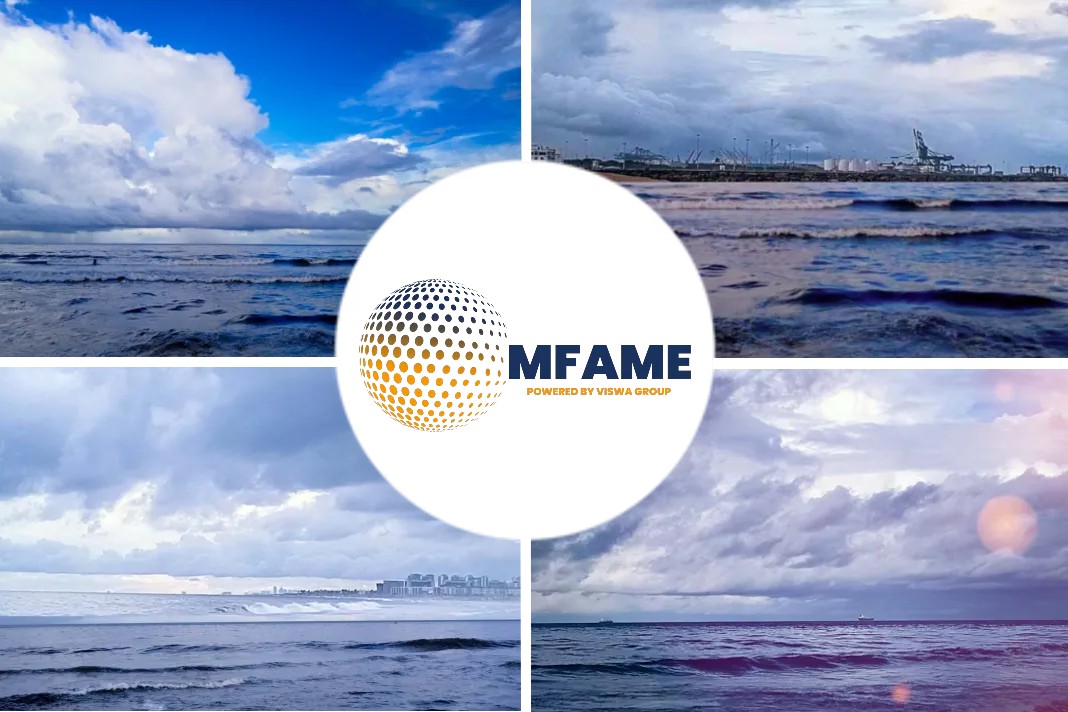
As the maritime sector accelerates its transition towards decarbonization, ammonia emerges as a promising marine fuel. However, its use introduces a unique set of challenges, including toxicity and safety concerns for seafaring personnel, as reported by Horizons.lr.
- The maritime industry prepares for ammonia-ready engines to advance decarbonization efforts, but faces challenges related to ammonia’s toxicity and risks to crew.
- A collaboration between Lloyd’s Register and the Maersk Mc-Kinney-Møller Center assesses ammonia-fueled vessels, emphasizing a Quantitative Risk Assessment approach to identify design and operational measures for crew safety.
- The report outlines high-priority safety recommendations and insights, including human factors considerations, highlighting the potential of ammonia as a viable marine fuel with appropriate safeguards.
Ammonia-Ready Engines Set to Revolutionize Maritime Fuel
As marine engine designers gear up for the introduction of ammonia-ready dual-fuel engines in 2024, experts examine the complexities and risks associated with ammonia as a marine fuel. The rapid emergence of carbon-free ammonia offers a promising avenue for the shipping industry’s urgent decarbonization efforts.
The Lloyd’s Register and Maersk McKinney-Møller Collaboration
The Lloyd’s Register Maritime Decarbonisation Hub and the Maersk Mc-Kinney-Møller Center for Zero Carbon Shipping (MMMCZS) join forces to conduct a comprehensive multi-disciplinary program. Their primary focus is to assess the design challenges and risks, from a safety perspective, when using ammonia as a marine fuel.
Quantitative Risk Assessment (QRA) Approach
Intriguingly, experts employ a Quantitative Risk Assessment (QRA) approach to systematically quantify the associated risks. This approach, commonly used in the oil and gas and nuclear energy sectors, sheds new light on the risks posed by ammonia and its safe use in maritime applications.
Recommendations for Safer Ammonia-Fueled Ships
The collaborative project provides high-priority recommendations, findings, and other critical insights to enhance the design and operational safety of ammonia-fueled vessels. It also delves into the critical human element, focusing on the new risk factors seafarers face when using ammonia as a marine fuel. Amidst these evaluations, the report concludes that ammonia can be a viable alternative to conventional fuels with proper safeguards and considerations.
Did you subscribe to our daily newsletter?
It’s Free! Click here to Subscribe!
Source:Horizons.lr























